For those who rely on frequent treatments, transportation services for dialysis patients play a vital role in staying on schedule and avoiding unnecessary stress. That said, HealthLift steps up, helping individuals get to their care plan on time.


For those who rely on frequent treatments, transportation services for dialysis patients play a vital role in staying on schedule and avoiding unnecessary stress. That said, HealthLift steps up, helping individuals get to their care plan on time.
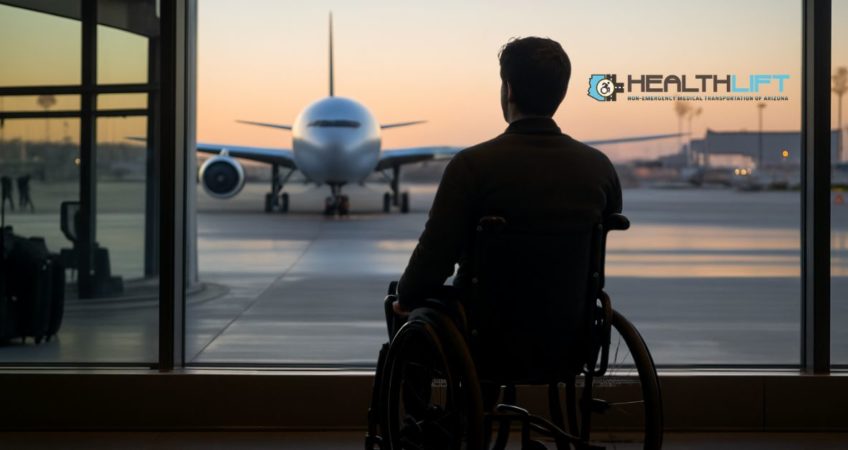
Around Phoenix Sky Harbor (PHX) and Tucson International Airport (TUS), wheelchair-friendly rides make the difference between a stressful travel day and one that actually feels like the holidays.

Hospitals feel this pressure when individuals under care are ready for discharge. To protect every patient’s well-being, they collaborate closely with Tucson non-emergency medical transportation (NEMT) providers.

Standard transportation can’t accommodate every wheelchair type and they come with cost uncertainty and potential delays. Such things risk rescheduling a crucial appointment and wasting precious time.
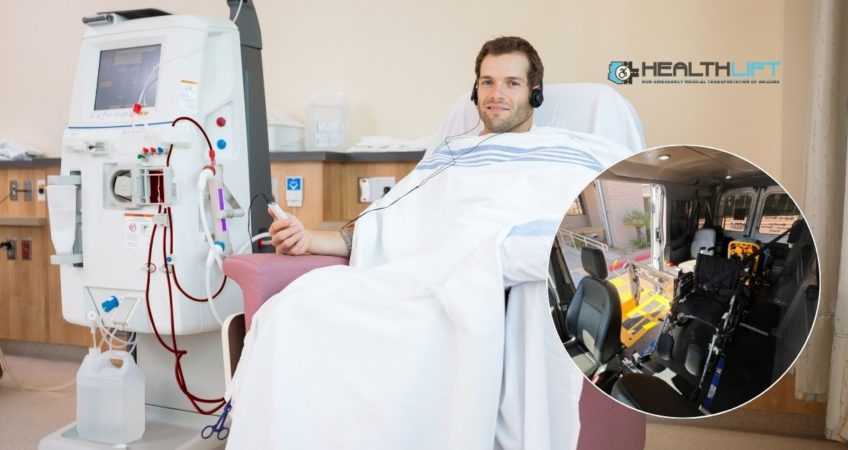
HealthLift NEMT of AZ serves both Phoenix and Tucson, providing ADA-compliant vehicles and trained drivers dedicated to transporting patients to dialysis centers, hospitals, and medical facilities.

That’s why more families across Tucson and surrounding neighborhoods choose HealthLift for wheelchair accessible non-medical medical transportation — because every ride should be dignified, safe, and supportive.
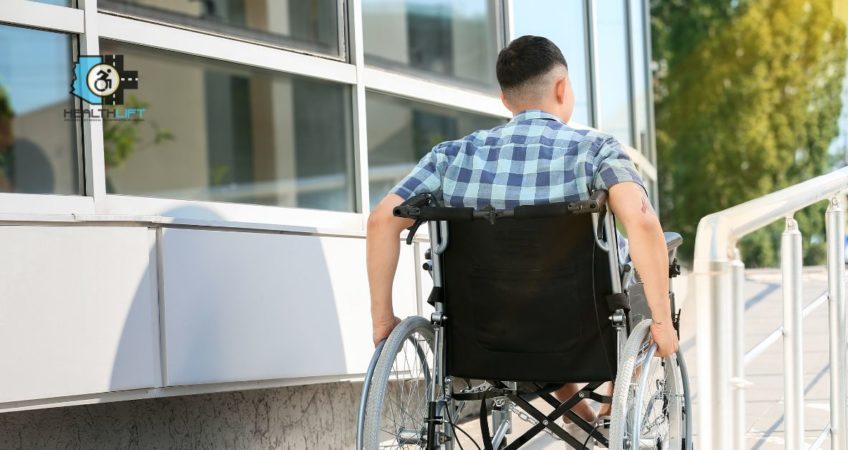
This is where wheelchair NEMT (Non-Emergency Medical Transportation) becomes a vital service. It ensures patients receive timely, safe, and comfortable rides to medical appointments, particularly during Arizona’s warmest months.
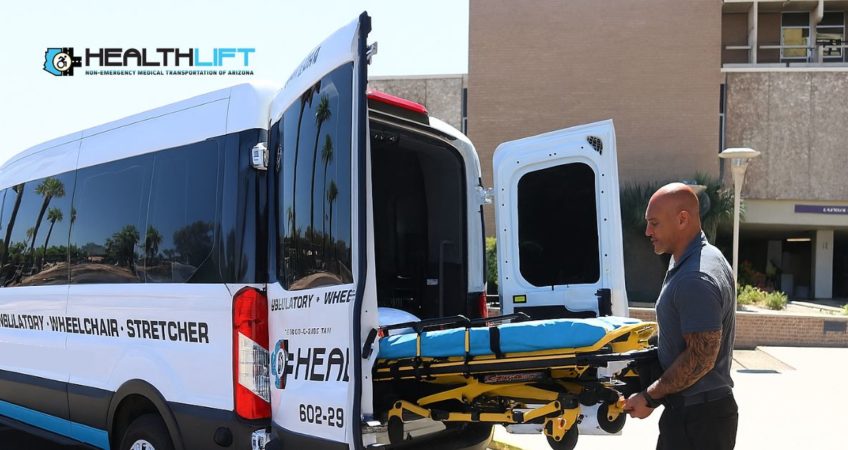
Let’s take a closer look at how HealthLift supports non-emergency medical appointments with safe and efficient stretcher transportation services.
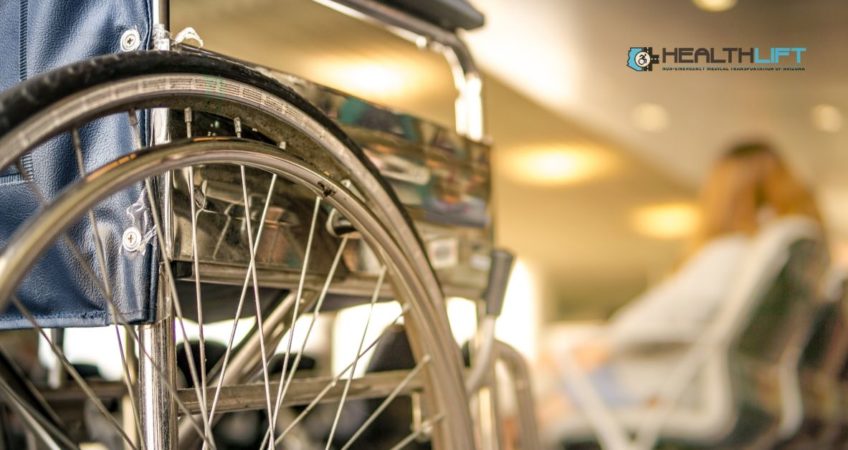
Whether you’re heading to the airport or planning a long-distance trip for medical or leisure reasons, HealthLift helps families across Metro Phoenix and Tucson make travel a little easier — and a lot less stressful.

In the US, approximately 3.6 million people miss or delay medical care annually due to transportation barriers. HealthLift addresses this challenge by providing dependable NEMT Arizona services, ensuring patients reach their appointments safely and on time.